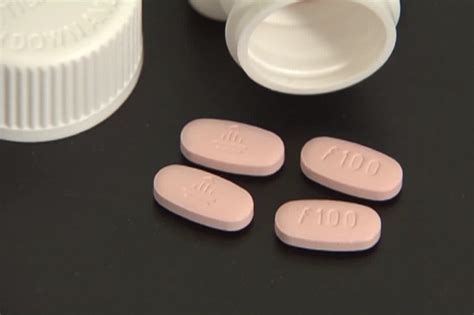Palatin Technologies Announces Submission of Bremelanotide NDA to FDA for Treatment of Hypoactive Sexual Desire Disorder (HSDD) in Premenopausal Women
April 3, 2018
Source: drugs
 881
881
Palatin Technologies, Inc.
"The submission of this NDA represents a significant milestone for the bremelanotide clinical program and our efforts to develop a treatment for HSDD," said Carl Spana, Ph.D., CEO and President of Palatin. "We believe our licensing agreement with AMAG for bremelanotide has the potential to create significant long-term shareholder value and are proud of the work conducted by both Palatin and AMAG to prepare and submit this NDA. Importantly, we have additional licensees for bremelanotide in South Korea and China, and look forward to entering into similar agreements in other countries and regions."
Palatin previously announced positive results for two Phase 3 trials of bremelanotide for the treatment of HSDD in premenopausal women that met the pre-specified co-primary efficacy endpoints. Palatin's license agreement with AMAG Pharmaceuticals, Inc. grants AMAG exclusive North American rights to develop and commercialize bremelanotide. Under the terms of the agreement, Palatin will receive up to $80 million contingent upon achieving certain regulatory milestones, including acceptance of the NDA by the FDA, and up to $300 million contingent upon meeting certain sales milestones. Palatin is also entitled to receive tiered royalties on net sales ranging from high single-digit to low double-digit percentages.
About Hypoactive Sexual Desire Disorder (HSDD)
HSDD, the most common type of female sexual dysfunction, affects approximately 12 million women in the U.S. The condition is characterized by low sexual desire and marked distress which are not attributable to existing medical, pharmacologic, psychiatric, or relationship issues.i Approximately 6 million pre-menopausal women meet the diagnosis for acquired, generalized HSDD.ii Patient awareness and understanding of the condition remains low, and few women currently seek or receive treatment. Recent industry-sponsored market research indicates that up to 95 percent of premenopausal women suffering from HSDD are unaware that it is a treatable medical condition.iii
About Bremelanotide
Bremelanotide, an investigational product, is thought to possess a novel mechanism of action, activating endogenous melanocortin pathways involved in sexual desire and response.
The Phase 3 RECONNECT studies for HSDD in premenopausal women consisted of two double-blind placebo-controlled, randomized parallel group studies comparing the as desired use of 1.75 mg of bremelanotide versus placebo, in each case, delivered via a subcutaneous auto-injector. Each trial consisted of more than 600 patients randomized in a 1:1 ratio to either the treatment arm or placebo with a 24 week evaluation period. In both clinical trials, bremelanotide met the pre-specified co-primary efficacy endpoints of median improvement in desire and decrease in distress associated with low sexual desire as measured using validated patient-reported outcome instruments.
Women in the trials had the option, after completion of the trial, to continue in an open-label safety extension study for an additional 52 weeks. Nearly 80% of patients who completed the randomized portion of the study elected to remain in the open-label portion of the study.
In the Phase 3 clinical trials, the most frequent adverse events were nausea, flushing, and headache, which were generally mild-to-moderate in intensity and were transient.
About Palatin Technologies
Palatin Technologies, Inc. is a biopharmaceutical company developing targeted, receptor-specific peptide therapeutics for the treatment of diseases with significant unmet medical need and commercial potential. Palatin's strategy is to develop products and then form marketing collaborations with industry leaders in order to maximize their commercial potential.
By DduRead more on
- AZ’s Farxiga Gets FDA Priority Review For Heart Failure January 8, 2020
- Global Recall of CyPass Micro-Stent by Alcon September 3, 2018
- Breakthrough Device Designation Granted to Digital Intervention for Alzheimer’s August 27, 2018
- FDA Approved Eye Drop Oxervate to Treat Neurotrophic Keratitis August 27, 2018
- Experimental Ebola Treatments Approved by Congo as it Sees Flare-Up in Cases August 24, 2018
your submission has already been received.
OK
Subscribe
Please enter a valid Email address!
Submit
The most relevant industry news & insight will be sent to you every two weeks.




